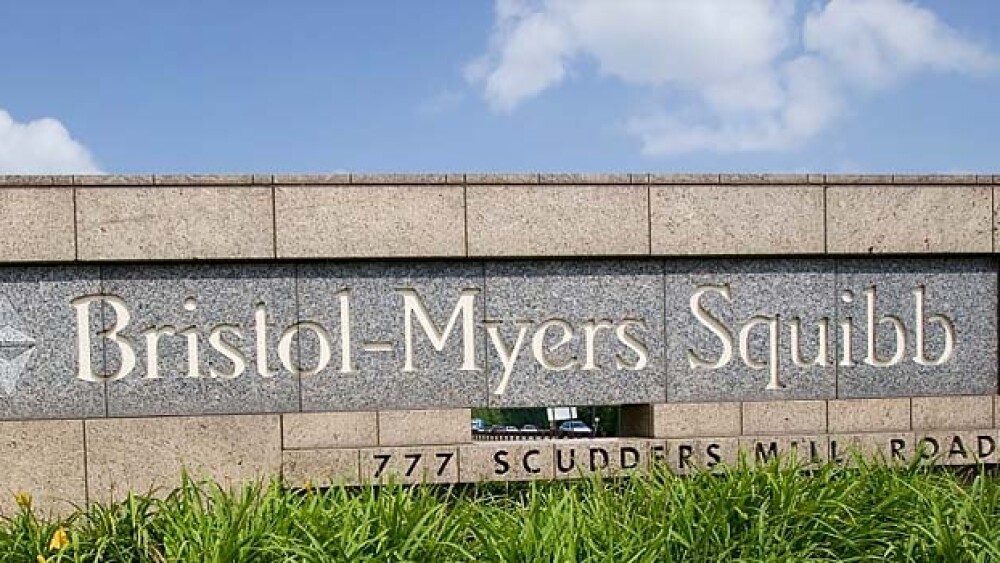Bristol-Myers Squibb released data from pooled analyses of survival data from four clinical studies in patients with lung cancer treated with Opdivo (nivolumab).
Bristol-Myers Squibb released data from pooled analyses of survival data from four clinical studies in patients with lung cancer treated with Opdivo (nivolumab). Bristol-Myers presented the data at the American Association for Cancer Research (AACR) Annual Meeting 2019 held in Atlanta.
The four studies were CheckMate -017, -057, -063 and -003. The patients had been previously treated for advanced non-small cell lung cancer (NSCLC) with Opdivo. In the pooled analysis, 14% of all patients receiving Opdivo were alive at four years. In patients with greater than 1% PD-L1 status, the four-year overall survival (OS) rates were 19%; in patients with less than 1% PD-L1 status, the four-year OS rates were 11%.
In the pooled analysis of Phase III trials, CheckMate -017 and -057, the four-year OS rate for patients receiving Opdivo was 14% compared to 5% for those treated by docetaxel alone. Exploratory landmark analysis of OS showed that patients who had a complete or partial response at six months, 58% receiving Opdivo were alive four years later compared to 12% of the patients who just received docetaxel.
Long-term safety analysis for Opdivo in all four trials was consistent with previous safety profiles and didn’t show any new safety signals. For patients receiving Opdivo, the discontinuation rate caused by treatment-related adverse events was 8.7%. The most common adverse event was fatigue, reported in 21.7% of patients.
“These analyses in a large population of patients with previously-treated advanced non-small cell lung cancer show, for the first time, that response to Opdivo correlates to a survival benefit over many years,” stated Scott Antonia, director of the Duke Cancer Institute Center for Cancer Immunotherapy. “These long-term survival outcomes are particularly interesting given that, historically, the average five-year survival rate for this patient population is approximately 5%.”
The analyses were run to determine the long-term benefit of Opdivo and its impact on disease control. It is also the longest follow-up from Phase III clinical trials of previously treated advanced NSCLC patients receiving an immuno-oncology therapy.
Lung cancer is the leading cause of cancer deaths around the world. The two main types of lung cancer are non-small cell and small cell. NSCLC is one of the most common forms of lung cancer, making up about 85% of diagnoses. Survival rates depend significantly on the stage and type of the cancer at time of diagnosis. With patients diagnosed with metastatic lung cancer, the five-year survival rate is about 5%.
Opdivo is the company’s blockbuster PD-1 checkpoint inhibitor. In the first quarter of 2018, Opdivo brought in $1.5 billion in sales, even with increasing competition from Merck and other companies. In the fourth quarter, 2018, Opdivo sales grew by $443 million, an increase of 33% from the same quarter in 2017, hitting $1.804 billion. For the year, Opdivo brought in $6.735 billion, up 36% from 2017’s $4.948 billion.
Of the pooled analyses, Sabine Maier, development lead, thoracic cancers at Bristol-Myers Squibb stated, “The positive survival curve observed in these pooled analyses offers a more holistic view of long-term survival outcomes than what we’ve seen in the individual studies and provides new insights into the value Opdivo can provide for lung cancer patients in the second-line setting. These data also serve to reinforce our longstanding commitment to delivering cancer therapies that may offer more durable responses for patients in critical need.”





